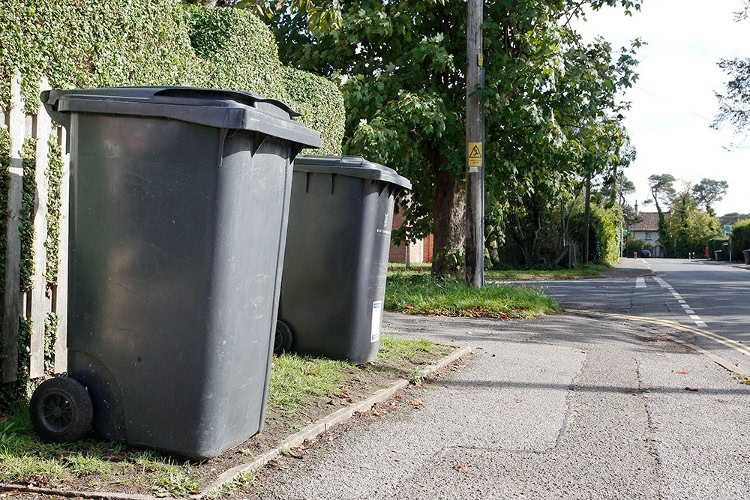The Local Government Association (LGA) called Mr Pickles comments untrue and unfair and has called for a revision of recently introduced legislation on charges for waste collections which it says has left councils confused.

Mr Pickles this week (July 30) slammed sneaky councils attempting to make a quick buck by charging landlords for bin collections, which could then be passed onto students who are exempt from council tax. The government has warned that any councils making such charges could be liable to legal challenge (see letsrecycle.com story).
The Controlled Waste (England and Wales) Regulations 2012 known as Schedule 2 regulations were designed to allow councils to charge businesses providing self-catered accommodation that do not pay either council tax or business rates.
Most university-run accommodation has its waste collection services paid for by the universities themselves through a business rate paid to the council or a private contractor. However, some landlords of private student accommodation pay neither business rates nor council tax, but still have waste collection services provided by the local authority.
According to the government, the Valuation Office Agency has determined that students are exempt from collection charges and council tax as private student accommodation can be a residential dwelling.
Unfair
However, the LGA claims that as landlords of private student accommodation pay neither council tax or business rates, tax payers are unfairly being left to fund landlords waste collection services.
According to Manchester city council, this is costing tax payers 250,000 per year. Sheffield city council, meanwhile, said its tax payers are footing a 200,000 bill each year for waste services which private landlords of student accommodation should be paying.
Furthermore, both councils said that although they had not introduced any such charges, their own legal teams had determined that charging landlords of private student accommodation was acceptable under the 2012 regulations.
‘It is clearly unfair that companies who run private student accommodation should benefit from free waste collection effectively subsidised at great cost by the tax payer when other businesses such as shops and restaurants have always paid for their waste services.’
Nigel Murphy, Manchester city councillor
Sheffield councillor Jack Scott, cabinet member for the environment said: So far, we have not charged any student accommodation sites in Sheffield for their waste collection, though we have approved a policy to enable us to do this in the future. Defra is dithering about this issue and they need to make a decision.
Mr Scott said that massive cuts to local authority budgets meant they had to examine every option to raise money in order to protect services.
He added: It should be remembered that many of these companies have multi-million turnovers and are FTSE listed but do not contribute at all to the resources of councils, either through council tax or business rates, so there is clearly a question over continuing to collect huge amounts of waste for free when council’s budgets are being so tightly squeezed by government.
Councillor Nigel Murphy, Manchester city councils executive member for environment, said that the council had repeatedly called for clarification on this very unclear piece of legislation and that it was completely absurd to accuse councils of exploiting the regulations.
Mr Murphy said: It is clearly unfair that companies who run private student accommodation should benefit from free waste collection effectively subsidised at great cost by the tax payer when other businesses such as shops and restaurants have always paid for their waste services.
He said that in line with his understanding of the legislation, companies in Manchester who run self-catering domestic blocks were told that they would need to contract their own commercial waste service.
LGA
Commenting on the governments stance, councillor Clyde Loakes, vice chair of the LGAs environment and housing board, said: Local authorities want to do the right thing but are currently a little confused. Clearly their bins have to be collected. And the collection services have to be paid for, either by the businesses themselves or by council tax payers.
He said that the government needed to make its regulations explicitly clear by revising them and removing the scope for confusion.
Councillor Loakes said: Its untrue and unfair to say that councils are imposing back door bin taxes. The real issue for councils right now is the 600 million a year they have to pay to government in landfill tax charges. This is despite councils reducing the amount we send to landfill by half over the last decade.
He added that the LGA believed that the money raised from landfill tax should be returned directly to councils and reinvested in new recycling facilities to create jobs and make sure we can capture economic benefit from a growing waste sector.
There are more than 2.5 million students enrolled at 164 universities in the UK. Under the Local Government Finance Act, full-time students are exempt from paying council tax with councils compensated for resulting revenue loss through the Local Government Finance system.








Subscribe for free